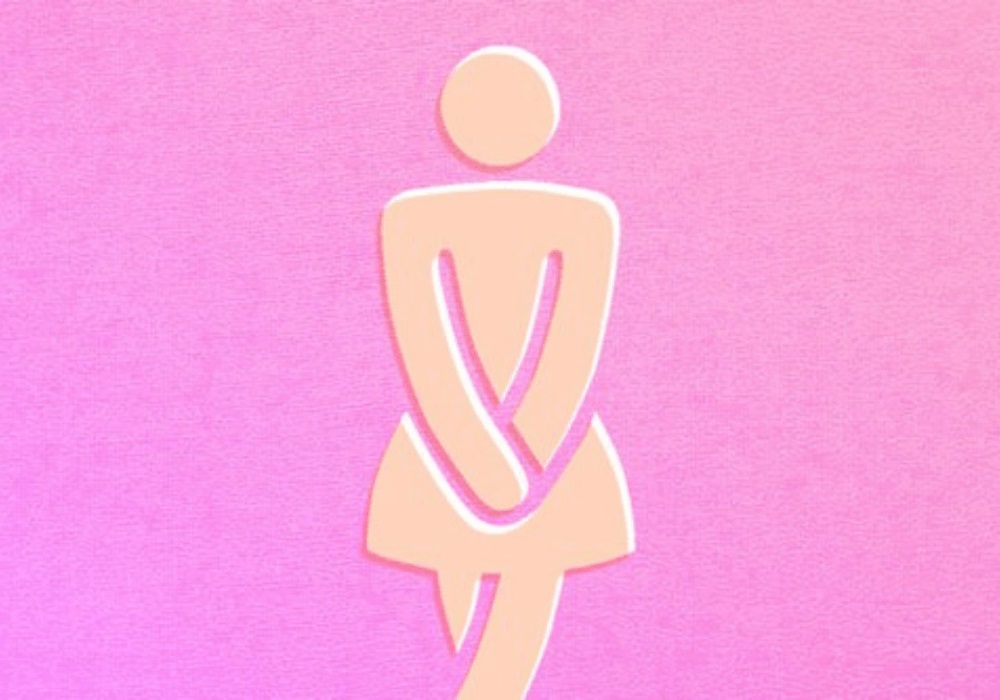It all starts the same way. You go to pee one day and it burrrrnnnss. If you’re a woman, it’s likely that you have a UTI that’s causing this painful sensation. You might be surprised just how common UTIs are for women: about 50-60% of adult women have had a UTI and 1 in 2 women will get at least one in their lifetime. They’re painful, they’re uncomfortable, and you might feel a little weird asking questions about them, which is exactly why we’re bringing this article to you today. Here’s exactly how to handle UTIs, no matter if this is your first or fifth one and how to prevent them in the future.
What is a UTI?
Let’s start with the basics: UTI stands for Urinary Tract Infection which is the general term for an infection occurring anywhere within your urinary system. Most often they infect the bladder and urethra – the tube that drains the bladder – but they can also happen in the ureters – the tubes that carry urine from the kidneys to the bladder – and the kidneys themselves.
What causes UTIs?
You know how you’ve been told from a young age to wipe front to back? Well, UTIs are the primary reason why doing this is so important. The urethra is located close to the anus where bacteria from the large intestine (E. coli, for example) can travel from the anus to the urethra if you’re not careful. They can travel up to the bladder and if it’s not treated there, they can reach and infect the kidneys. Women’s anatomical composition makes them more prone to getting UTIs because they have shorter urethras so the bacteria can more readily access the bladder.
Having sex is another way in which bacteria can get to the urinary tract. During sex, bacteria tends to travel from the skin toward and into the urethra.
Symptoms of UTIs
The symptoms you’ll most commonly see with a urinary tract infection include:
- Pain or burning while peeing
- Frequent or intense need to urinate although little comes out when you do
- Foul-smelling, cloudy, or bloody urine
- Pain or pressure in your lower abdomen, just above where your bladder is located
- Feeling of fatigue or shakiness
- Fever or chills – this could be a sign that it has reached your kidney
How to treat UTIs
If you think you have a UTI, the first thing you should do is schedule an appointment with your OBGYN or primary care physician. Many women will try to self-treat it, or worse, just hope it goes away on its own. And while some minor UTIs do go away on their own, it’s best to see a doctor and have them diagnose and treat it as the infection can spread to other parts of your body and be dangerous.
Your doctor will take a urine sample (so make sure to drink plenty of water before your appointment) which will allow them to diagnose it right then and there, meaning you’ll leave the office with an answer and a solution! We’ll choose an antibiotic based on the type of bacteria you have, taking into account other factors like pregnancy, allergies, other medications, and medical history. Now all you have to do is take the full cycle of treatment to make sure the infection is completely gone.
Does cranberry juice cure UTIs?
Cranberry juice and cranberry extract have been commonly used to treat and prevent UTIs and while cranberry certainly can’t hurt and can help, it’s not a one and done solution for UTIs. There isn’t a common consensus on whether or not cranberry actually reduces the number of UTIs a woman gets as studies have shown both that and the opposite. Don’t expect that cranberry will cure a UTI without antibiotics. But if the pain is unbearable before you can get to the doctor, it can provide some relief.
The pain has become unbearable. What can you do?
If you either have started taking the antibiotic and it hasn’t kicked in yet or you haven’t gotten to the doctor yet, the pain may still be causing you a lot of discomfort. There are plenty of over-the-counter medications that you can take to relieve the symptoms while you’re waiting for your antibiotic to work its magic. Simply consult with your doctor on which option they recommend and pick it up at your nearest drugstore.
How to prevent UTIs
- Empty your bladder frequently as soon as you feel the urge to go and empty it completely.
- Wipe from front to back.
- Don’t use scented feminine care products – they just cause irritation.
- Always pee before and after sex.
- Wear cotton underwear only and loose-fitting clothing as much as possible. Avoid tight jeans and nylon underwear as they can trap moisture and create an environment that breeds bacteria.
- Never stay in a wet swimsuit for too long.
- Stay hydrated by drinking lots of water.
- Take probiotics and increase your vitamin C intake to boost your immune system.
- Opt for showers over baths.
- If you use a diaphragm, unlubricated condoms, or spermicide as a birth control method, you may want to consult your doctor about switching to another option as these have all been known to contribute to UTIs.

